February 13, 2025
ANNOUNCEMENT
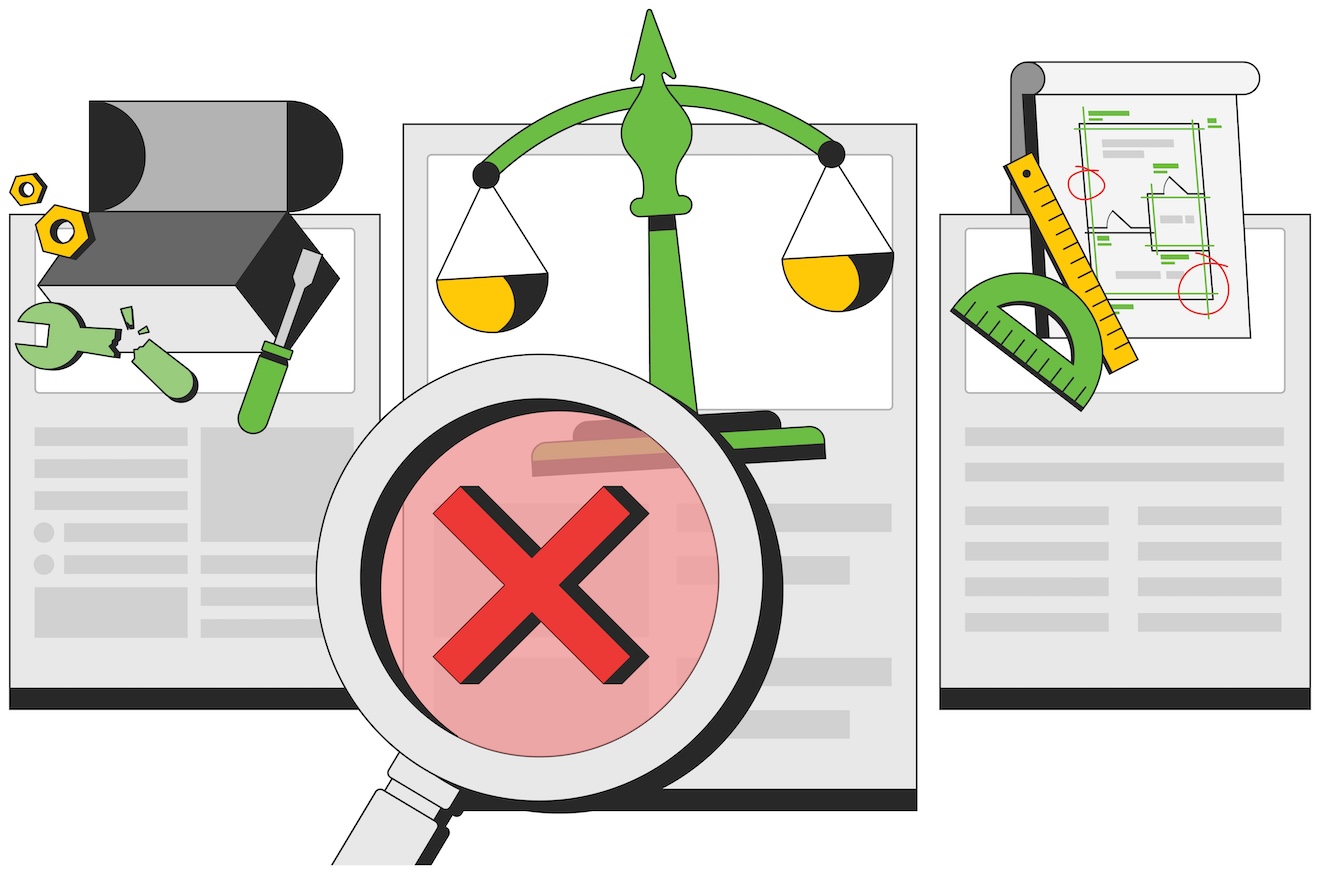
Caroline HoffmanMay 3, 2024
In recent years, reports of cheating scandals have increased significantly (not much of a surprise with the increase in the use of AI and other online tools), but those who aren’t cheating are wondering how so many people get away with it. Centering around individuals trying to outsmart the system or people looking for shortcuts, these occurrences often extend beyond people’s personal lives to impact their professional careers.
In June of 2022, Ernst & Young LLP was fined by federal regulators aka the Securities and Exchange Commission (SEC) for cheating by its audit professionals on ethics exams required to obtain and maintain Certified Public Accountant (CPA) licenses. Yes, you read that right… ethics exams.
According to Sawyer Smith, Senior Associate at KPMG, candidates are given "18 months to take all four sections [of the CPA exam]… and you will probably need all of it to be successful." With that kind of pressure, cheating might seem like a viable option.
"It truly is the type of test where you get out what you put in. Your exam score will reflect the time and energy you spent preparing for it," Smith said.
EY admitted to the SEC’s charges and agreed to pay a $100 million penalty and undertake extensive measures to fix the firm's ethical issues.
The same goes for the University of Maryland, where at least 50 cases of AI-related cheating among its students were confirmed and 105 sanctions were issued during the 2022-23 academic year.
At least eight EMTs were issued a censure, put on probation, and had their exam results voided when found cheating on their EMT certification exams.
And the list goes on…
A survey by the International Center for Academic Integrity found that approximately 68% of undergraduate students admit to cheating on assignments or exams at least once. The same survey reported that 43% of graduate students admitted to cheating via plagiarism, unauthorized collaboration, and using unauthorized materials during exams.
Many students gave the excuse that the reason they engaged in cheating was that their peers were cheating and they were scoring higher than the non-cheaters. In their opinion (and mine too), this was unfair. Cheating was their way to balance the competition.
What if neither group cheated? What can be implemented to prevent these actions besides steeper penalties?
Research by accounting professor Jenelle Conaway at George Mason University found that online proctoring is the key to reducing cheating, especially with academic resource sites, such as Chegg.
Conaway’s study focused on the use of three different sets of exam security policies including (1) strict time limits, (2) multiple versions of the same exam, and (3) online proctoring.
With the first two security measures in place, they saw little to no difference in the amount of cheating during the exams. "Re-writing questions, time limits, shuffling questions, and affirming the honor code did not stop Chegg cheating… it’s clear they were not strongly successful deterrents."
Online proctoring, being Conaway’s last hope in the study, changed everything. "When students could not open new windows or tabs during the exam and knew their activities were subject to review, they stopped using Chegg." Once proctoring was introduced to online exams, Conaway mentioned that "there [was] no difference between scores from face-to-face exams and online exams," which was (and is) the goal. We want to create a seamless testing experience for online users that mimics that of in-person exams.
As demonstrated by Conaway, online proctoring is an effective and beneficial solution for cheating in remote learning environments. "We can have security, or we can have cheating… No security feature or policy is cheat-proof, but the balance remains — every step back taken in one, yields more of the other."
Proctorio’s online proctoring solution uses facial detection to ensure the test-taker is, in fact, presently there and taking the exam or if there are multiple faces in the frame. It can conduct behavior analysis such as gaze detection and also track the number of keystrokes used. It can detect if more than one person is in the room, pick up additional voices, or if a person leaves the room. Proctorio’s AI can monitor the exam environment and not only detect but also flag test-takers displaying unusual behaviors.
To be clear, Proctorio is NOT an automated decision-making tool, as some may assume. We are an augmented AI tool, which means our software scans for and flags specific behaviors chosen by exam administrators to later be reviewed. In our case, the exam administrator makes the final decisions, unlike other automated decision tools where the software itself makes conclusions on test-taker behavior.
Although not "cheat-proof," securing exam integrity with online proctoring is essential to protecting the success of test-takers and the reputations of institutions. Proctorio’s services provide just that: a suite of online proctoring, verification, lockdown, and content protection services to fit exam administrators’ needs, no matter the size or level of the course or exam.
Using online proctoring not only secures the exam to ensure academic integrity but also allows test-takers to take it anywhere, anytime, creating equal opportunities for users who thrive in very personalized environments or who cannot make it to campus. With that said, online proctoring tools weren’t created to see you fail, but instead, to ensure the success of test-takers and exam administrators alike. That’s why Proctorio believes every proctored exam is a step closer to learners achieving their academic and professional goals.
Edited August 27, 2024
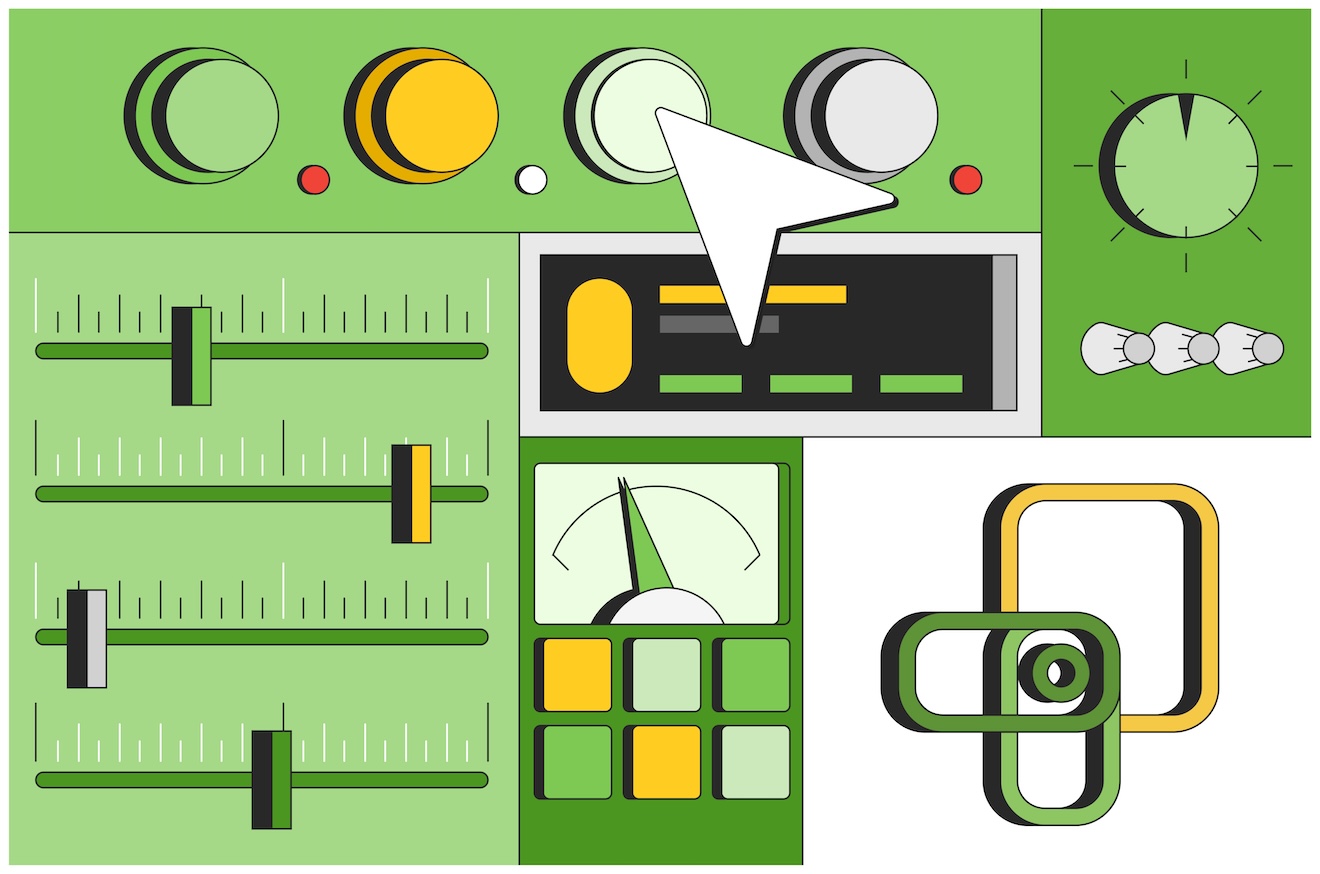
February 13, 2025
ANNOUNCEMENT
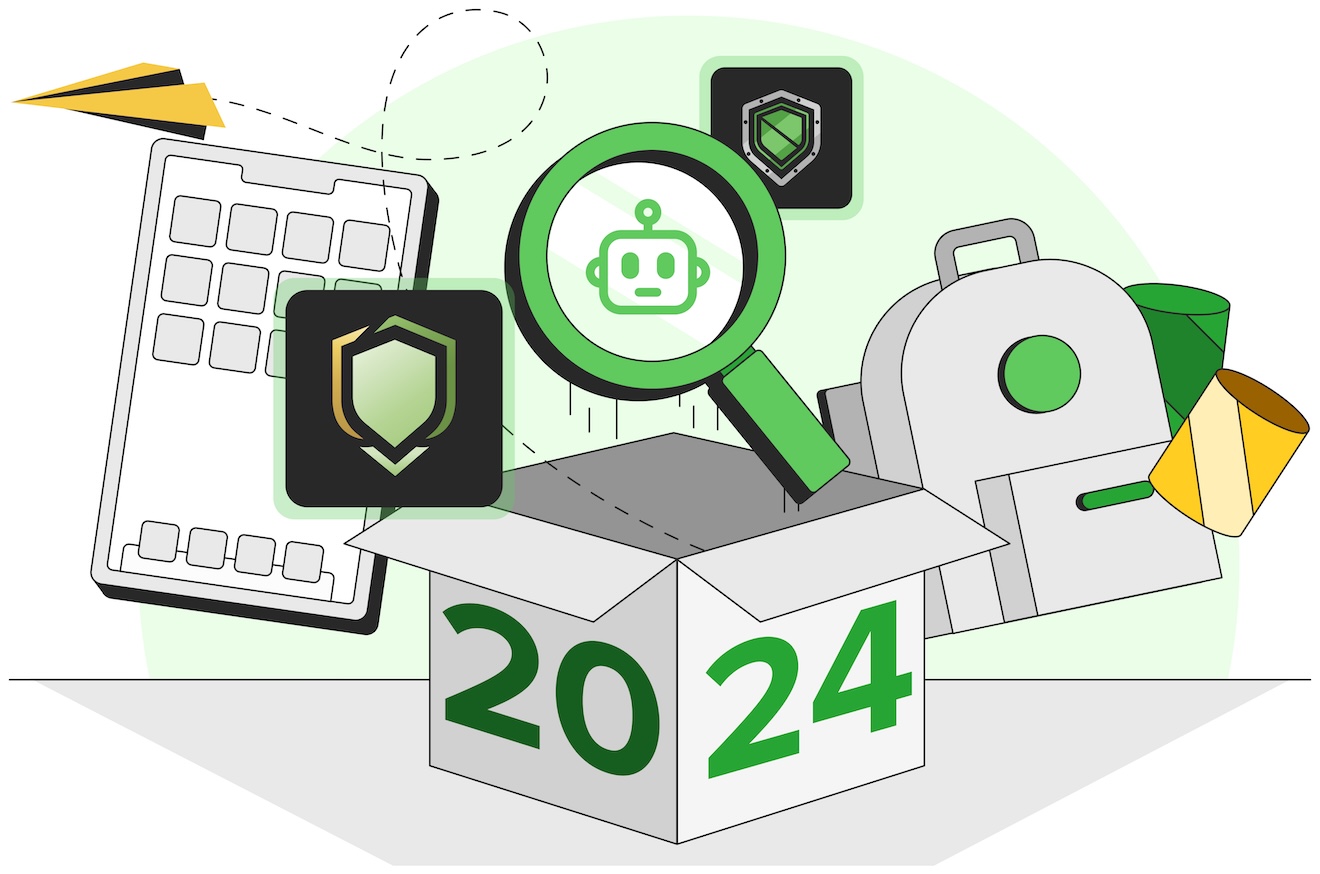
January 21, 2025
ANNOUNCEMENT
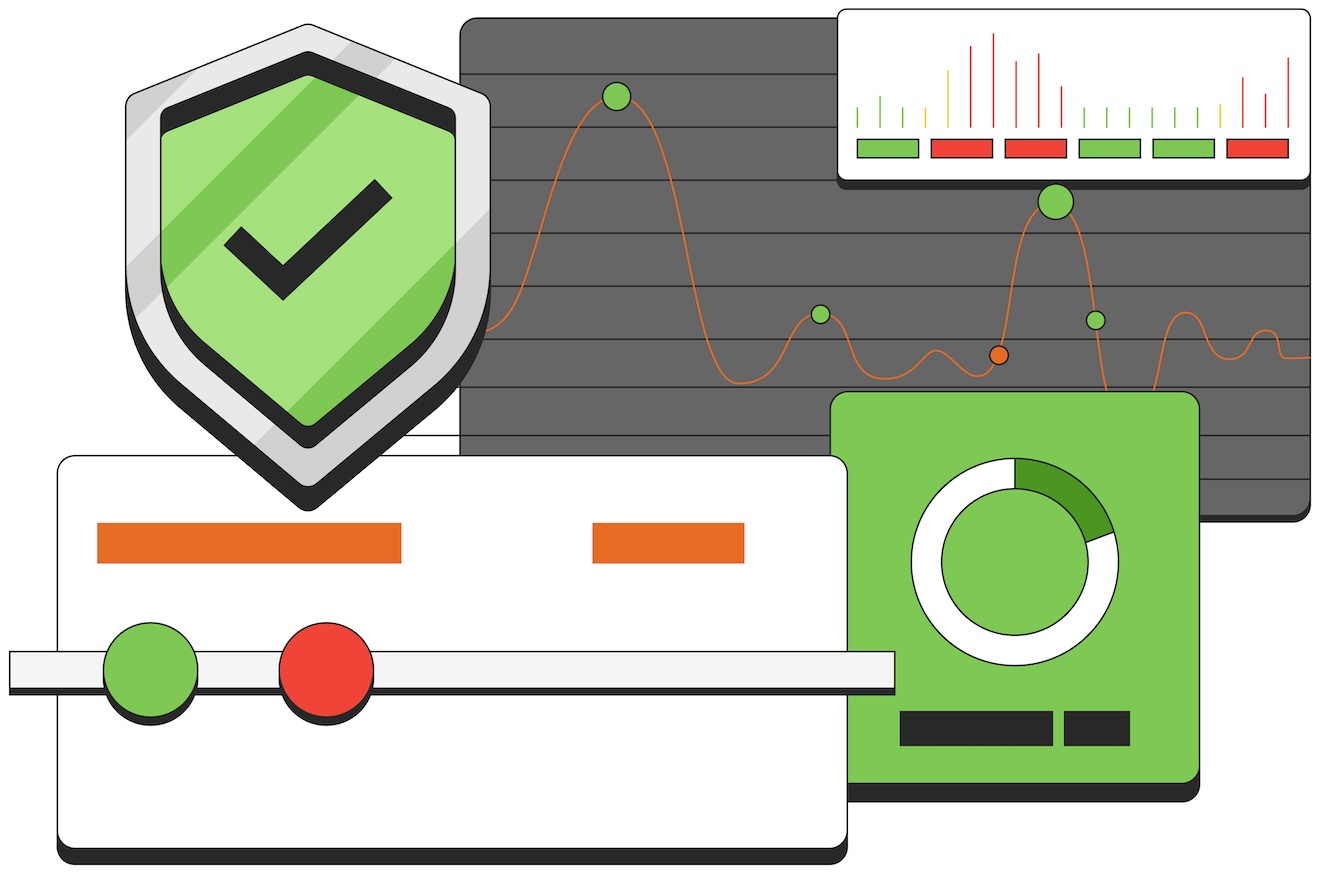
September 17, 2024
ANNOUNCEMENT
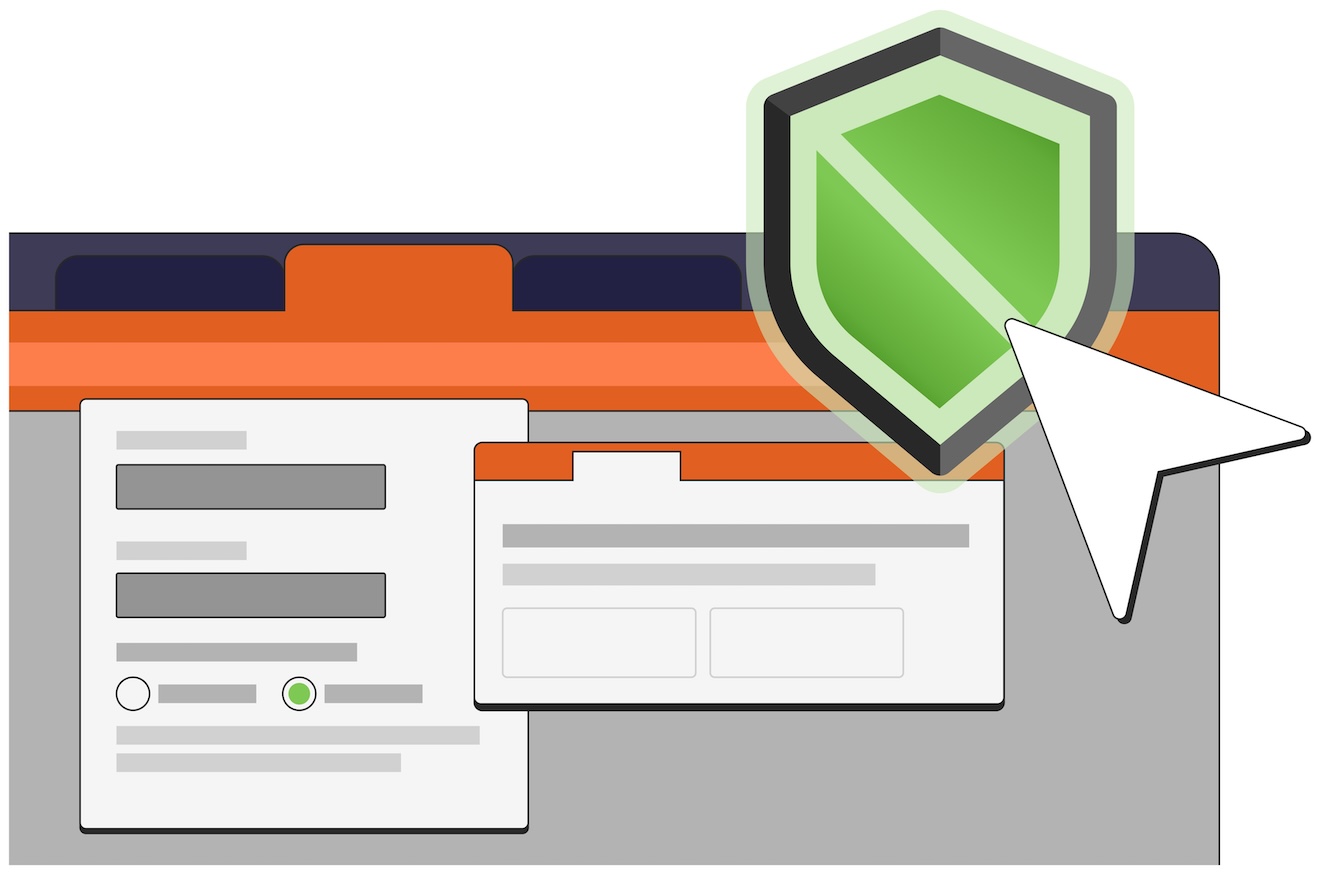
September 3, 2024
ANNOUNCEMENT
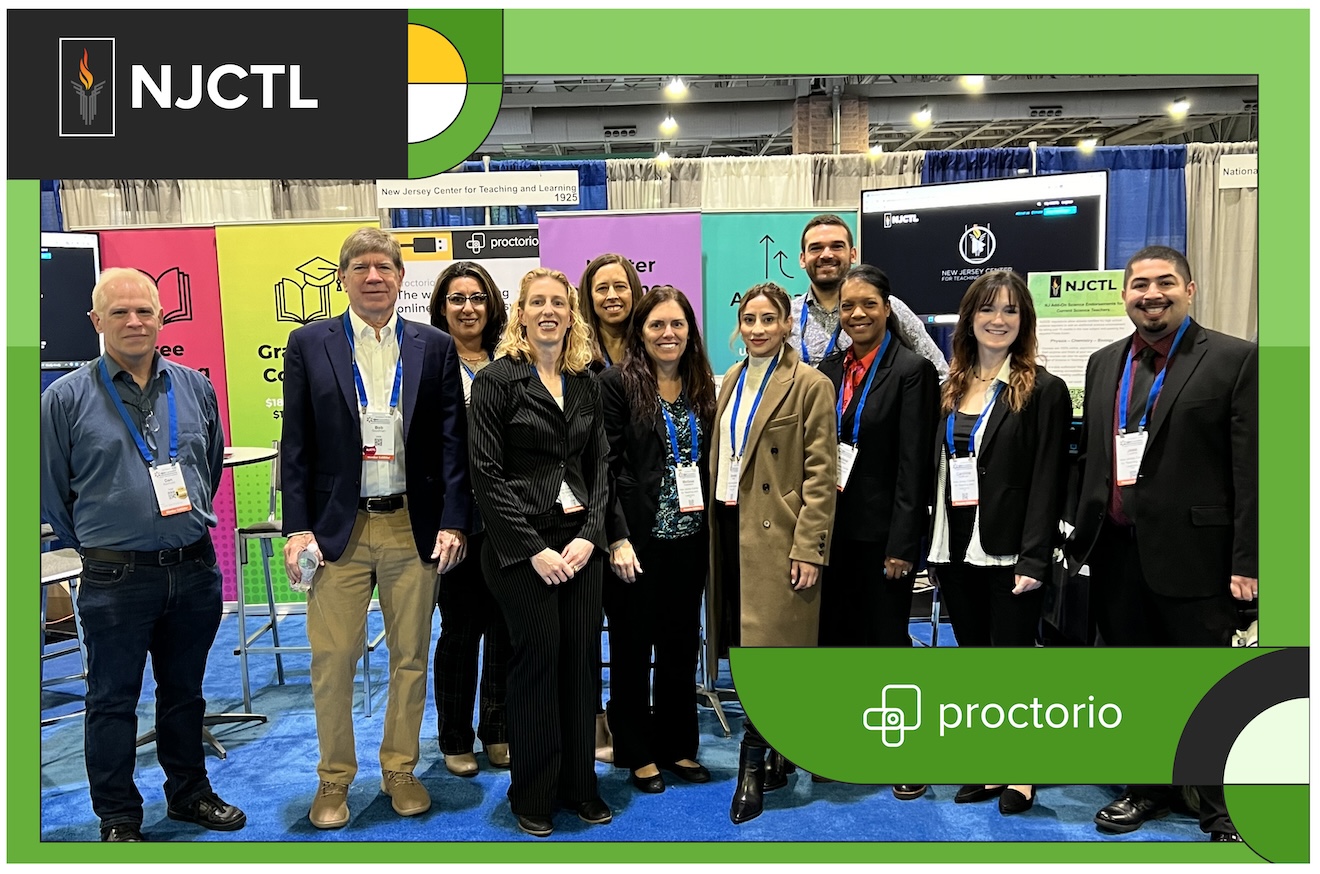
August 21, 2024
ANNOUNCEMENT

July 12, 2024
ANNOUNCEMENT
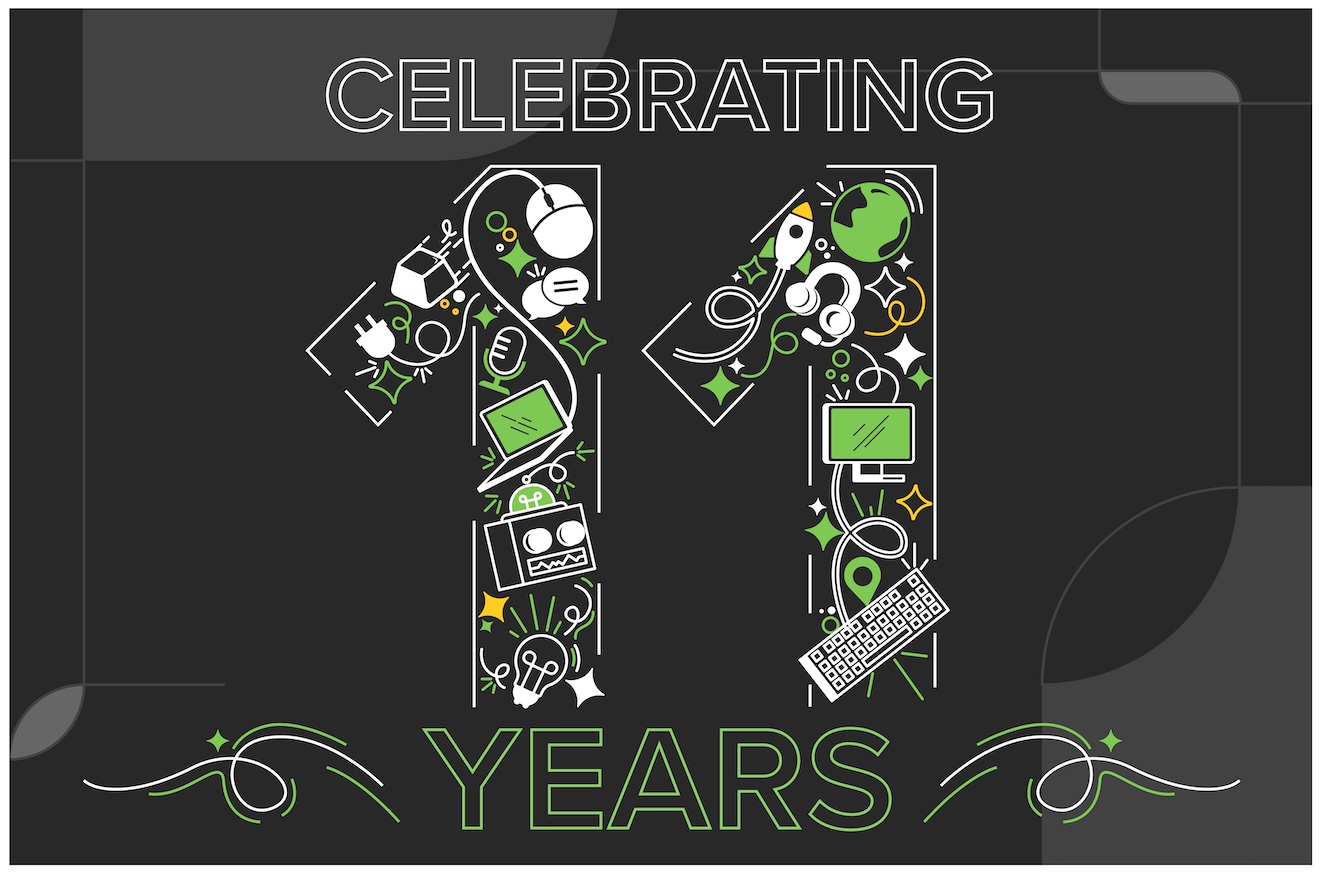
April 26, 2024
ANNOUNCEMENT

April 22, 2024
ANNOUNCEMENT

March 29, 2024
ANNOUNCEMENT

January 11, 2024
ANNOUNCEMENT

November 22, 2023
ANNOUNCEMENT
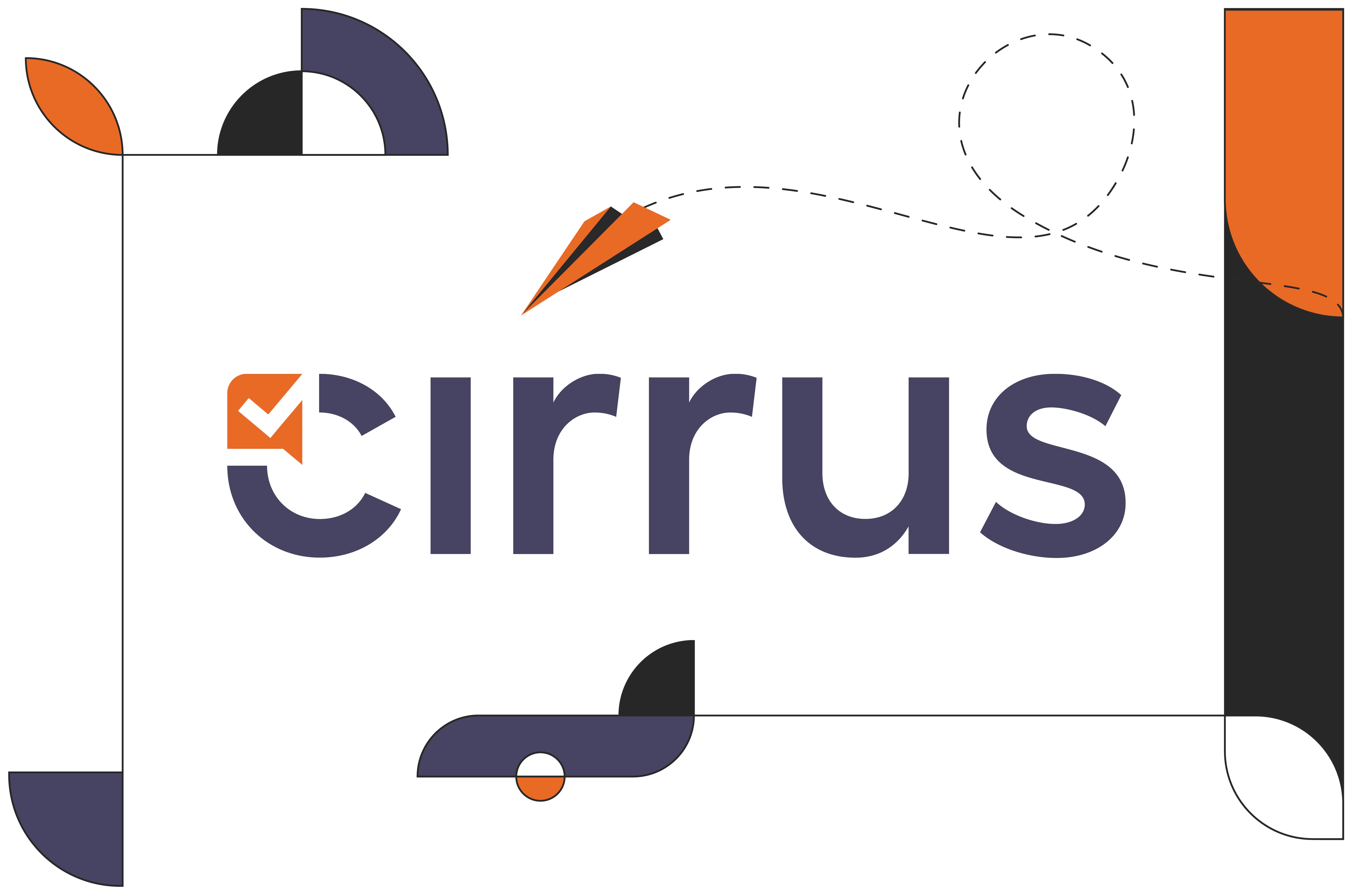
November 02, 2023
ANNOUNCEMENT
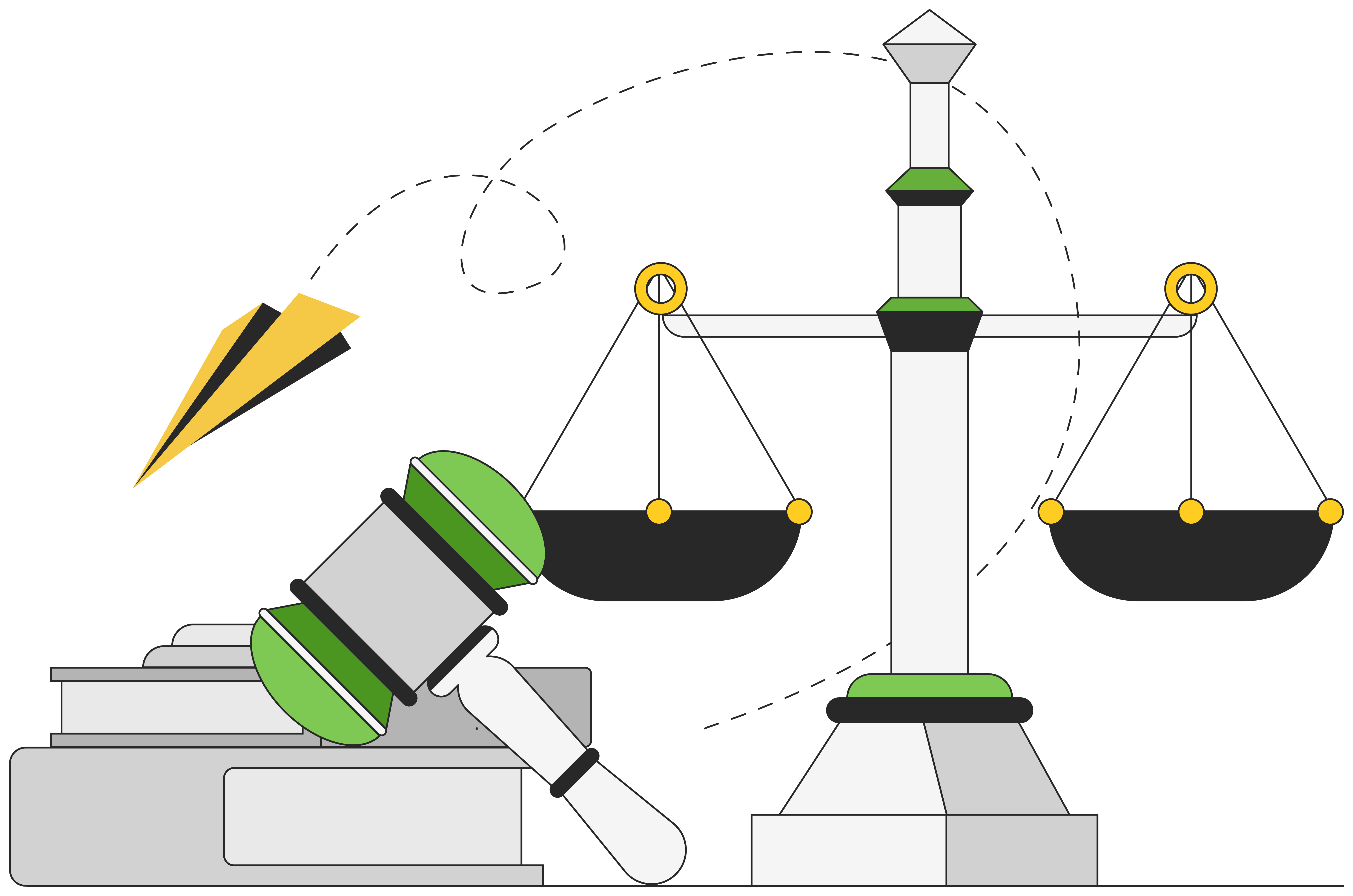
October 20, 2023
ANNOUNCEMENT

October 2, 2023
ANNOUNCEMENT
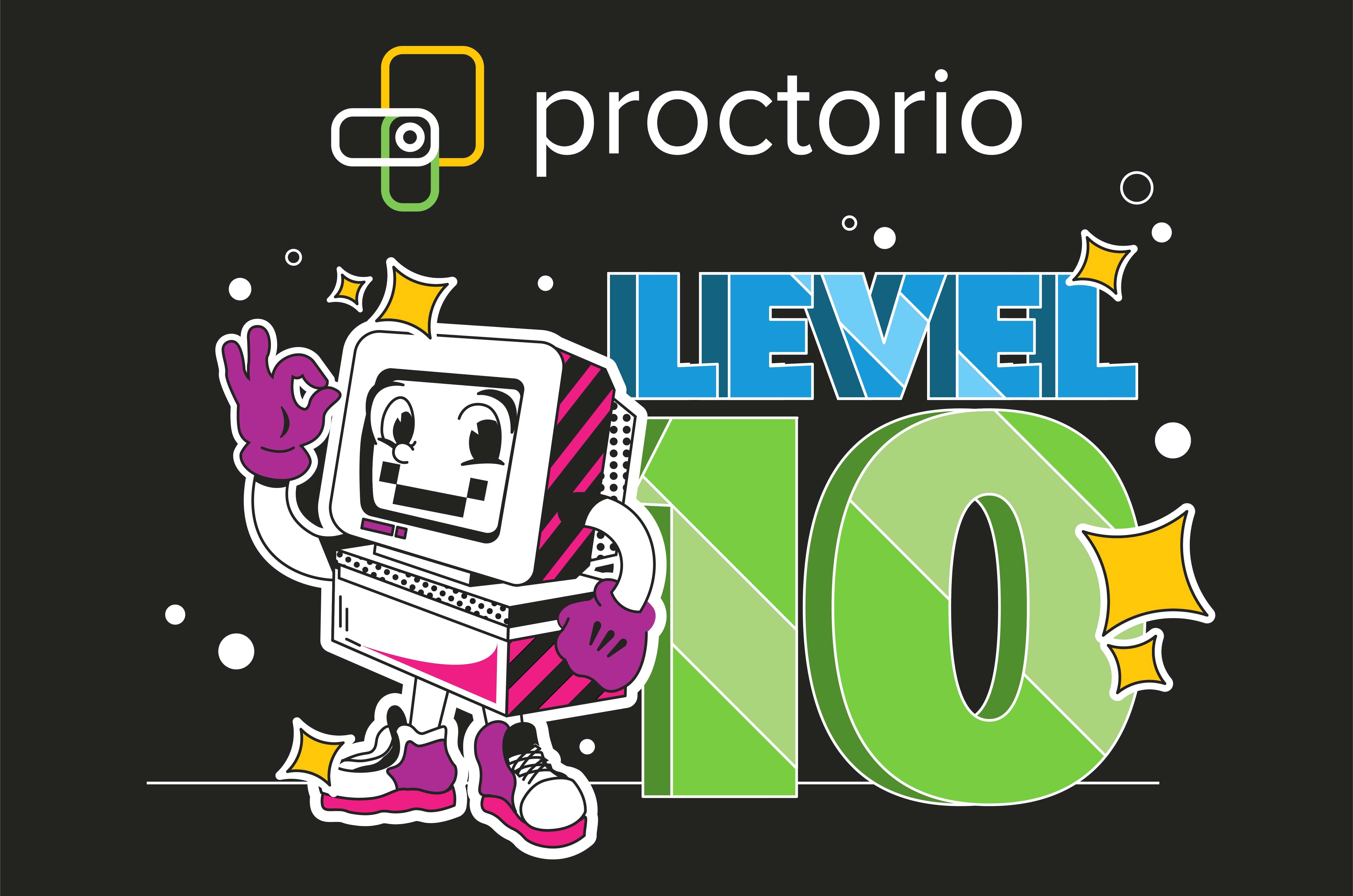
May 5, 2023
ANNOUNCEMENT

April 22, 2023
ANNOUNCEMENT
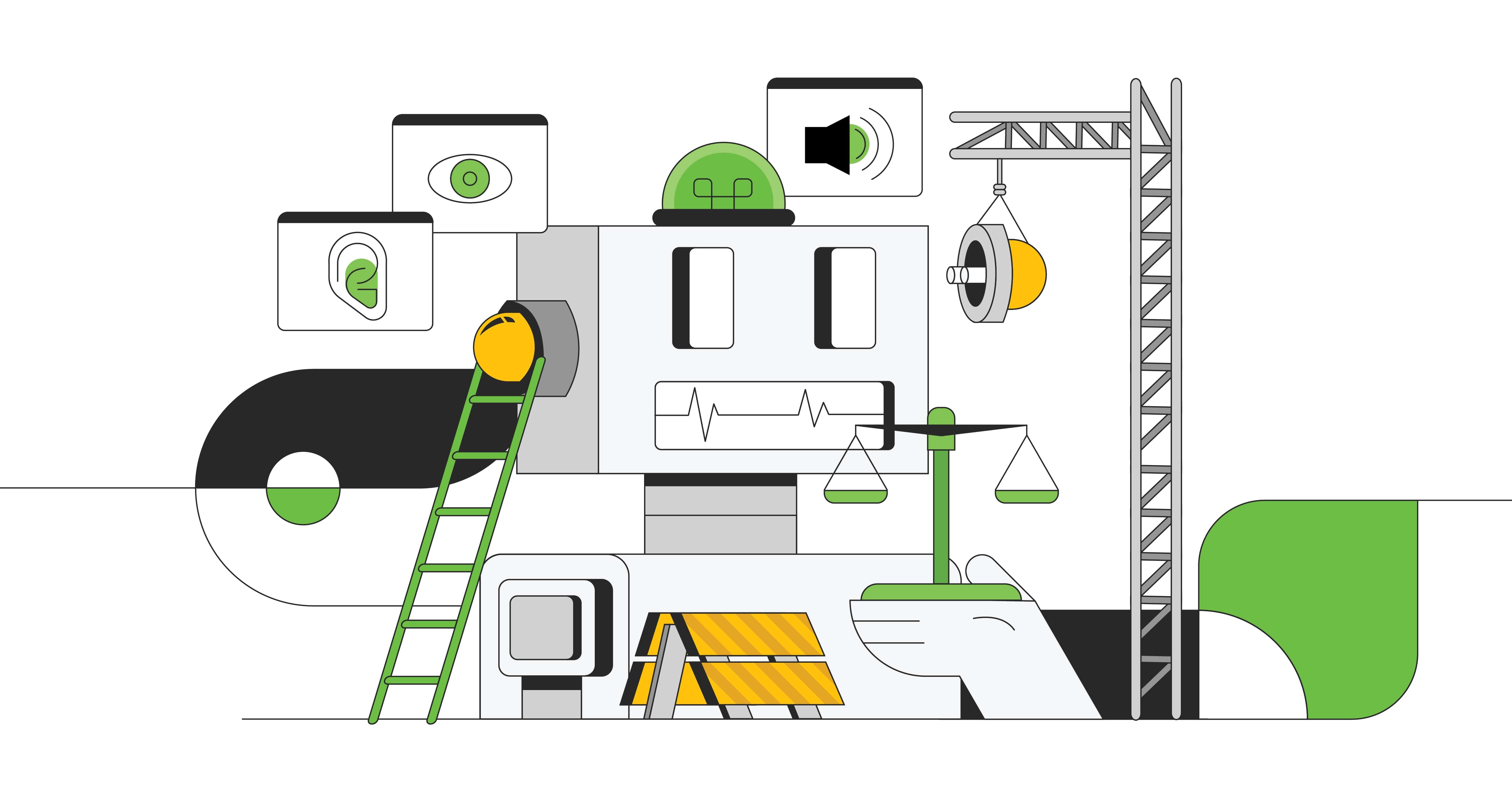
April 10, 2023
ANNOUNCEMENT

October 6, 2022
ANNOUNCEMENT
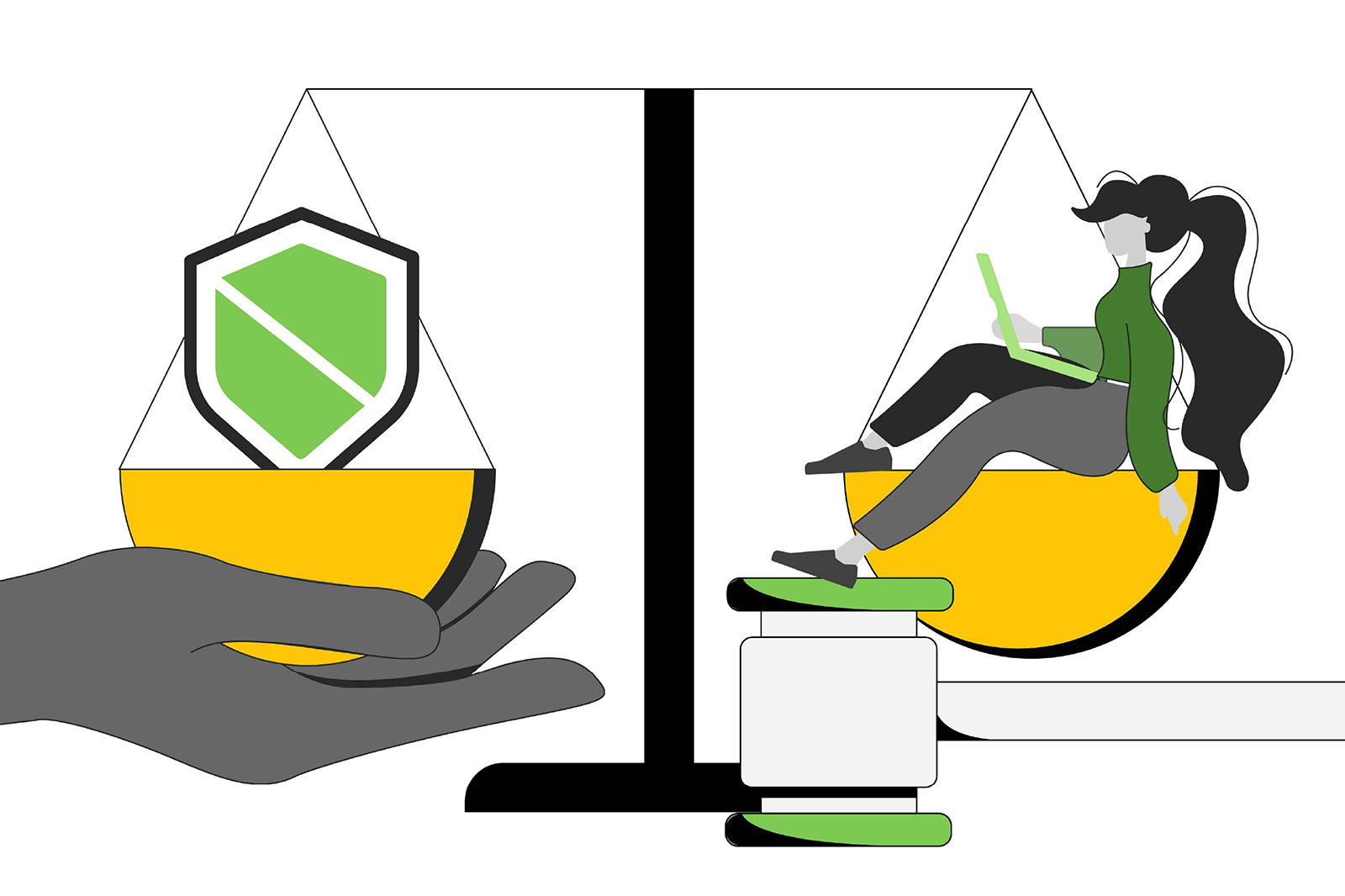
September 30, 2022
ANNOUNCEMENT

September 2, 2022
ANNOUNCEMENT
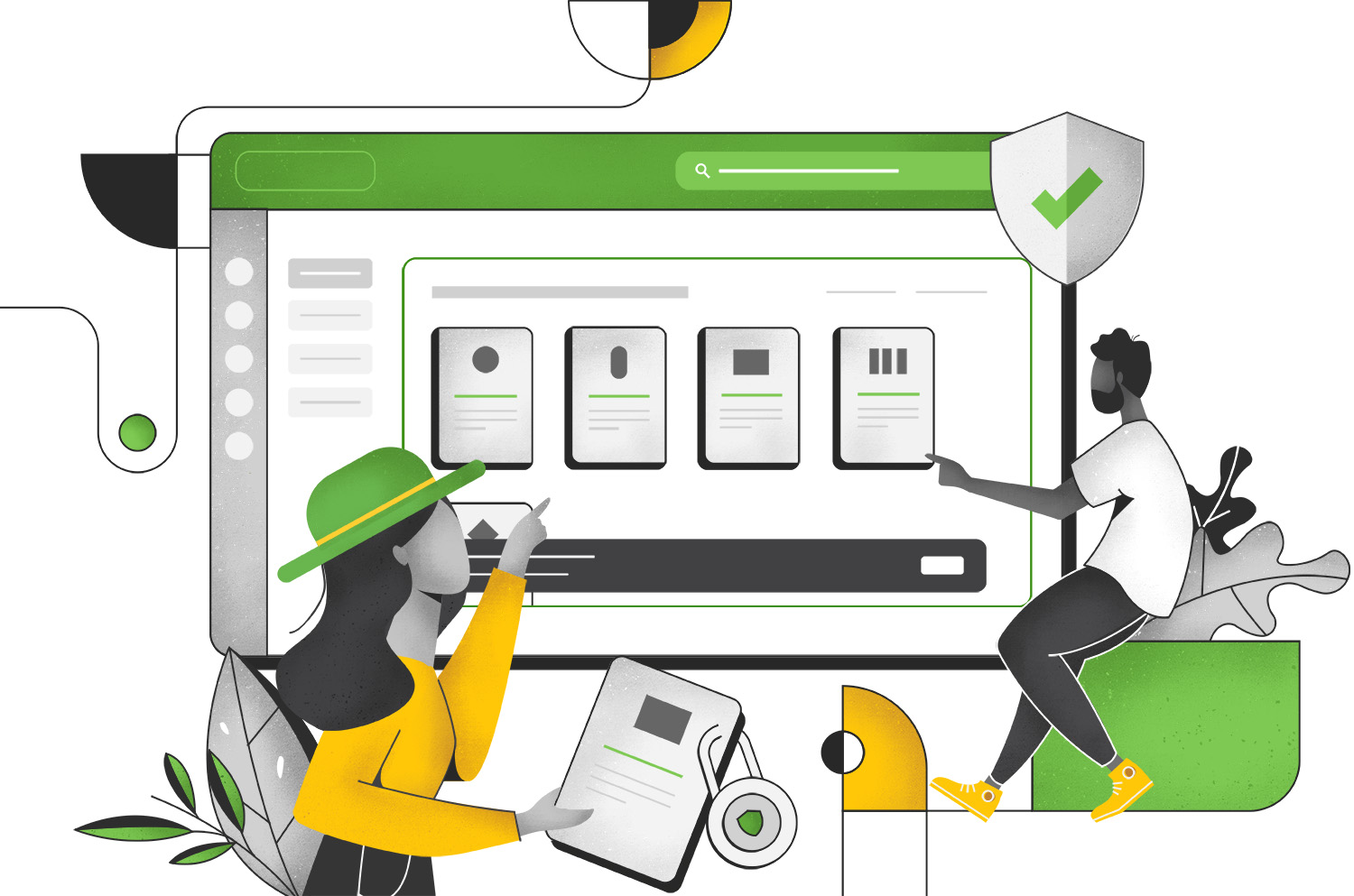
August 24, 2022
ANNOUNCEMENT

April 29, 2022
ANNOUNCEMENT

April 22, 2022
ANNOUNCEMENT

March 25, 2022
ANNOUNCEMENT

March 18, 2022
ANNOUNCEMENT

November 24, 2021
ANNOUNCEMENT
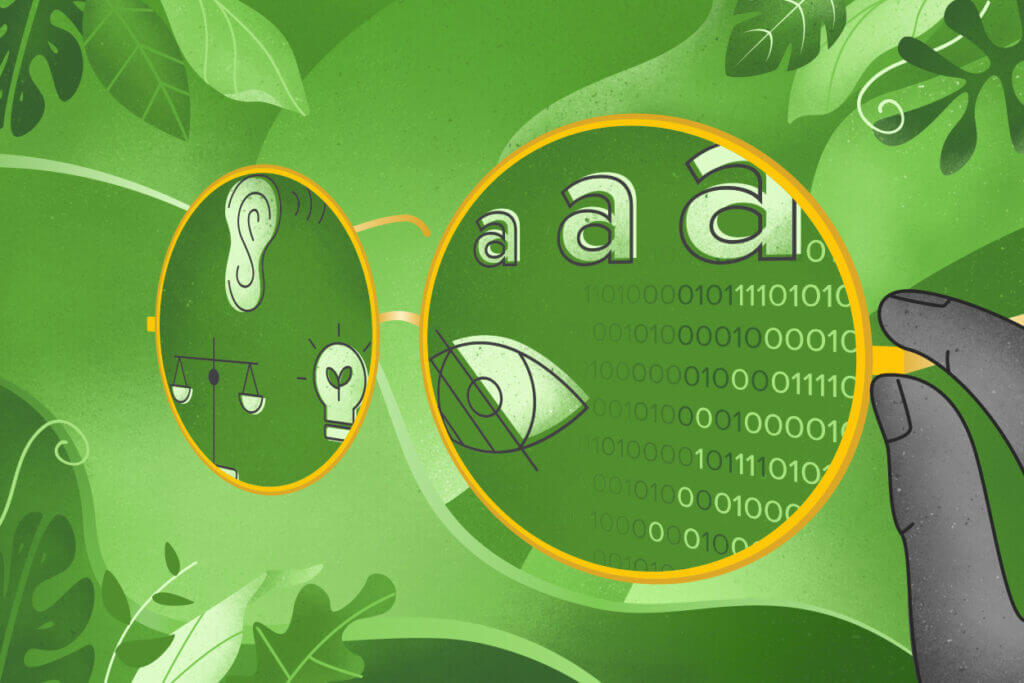
August 24, 2021
ANNOUNCEMENT

July 31, 2021
ANNOUNCEMENT

May 05, 2021
ANNOUNCEMENT

March 10, 2021
ANNOUNCEMENT